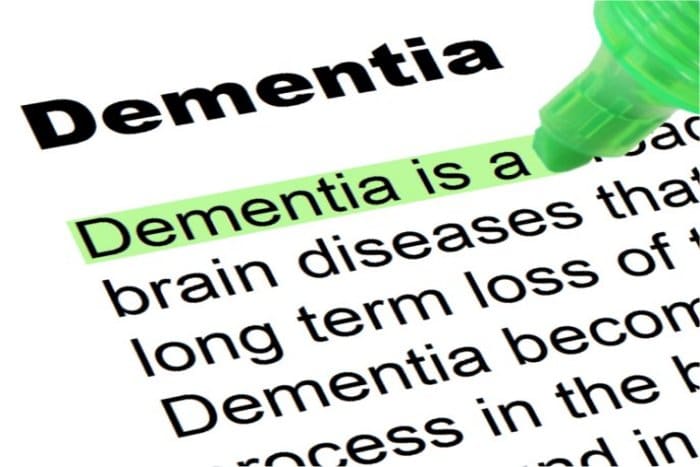Caring for someone with dementia can be particularly challenging, but developing a deeper understanding of what they are going through can benefit everyone.
What is Dementia?
Dementia is used to refer to a number of brain-centred disorders, with varying symptoms. It is most commonly associated with a loss of memory and a sense of disorientation, but has many other effects that can be daunting.
How to Care for People with Dementia?
Due to the nature of dementia, those suffering can’t always communicate their feelings effectively. But with research and awareness growing, people are talking more and more about their experiences. We’ve taken a look at what is being discussed, and have found some useful tips for dementia carers to help their loved ones or clients live with dementia.
1. The person you know is still there.
Amidst the forgetfulness and confusion, it can be easy to imagine that the person suffering with Dementia has changed. Aspects of their mind may be unrecognisable, but deep down they are still the same person. It’s important not to write-off their old self. Chances are, they are missing them as much as you are. So as often as possible, engage with the person you truly know.
2. It’s not simply an age issue.
Of course, dementia is more prominent in older people, but there are also over 40,000 people under the age of 65 living with dementia in the UK, according to the Alzheimer’s Society. Dementia is not simply a side-effect of ageing; it is something the affects many different people, in many different ways.
3. Good days and bad days will all come and go.
The nature of the condition makes it unpredictable, which means that a good day can turn bad, but then a not-so-good moment can also turn right around. When caring from someone with dementia, going with the flow is a way of life.
4. Trying to reason might not go well.
In many cases, dementia can lead to irrational thoughts and feelings, which means that it can often strip a person of their ability to reason. This isn’t to say that disagreements need to be totally extinguished, although the scalability of them should be carefully measured.
5. It’s more than forgetting things.
Forgetting names and faces is an unfortunate aspect of many people’s experience, but dementia can be much more than that. Dementia can mean hallucinations, delusions, angers and other disruptive effects. Each one of these present an unpleasant situation, which means that dementia care is ultimately about gaining a fuller understanding, so that these symptoms can be suitably handled when they occur.
6. We know that something is going on.
Dementia is a disorder that disorientates the brain – something that can undoubtedly lead to confusion. The realisation that something is not quite right can be distressing for those dealing with dementia, so it’s often beneficial to help embrace changes rather than to add to any confusion.
7. We’re still adults.
There’s a tricky, fine line to be tiptoed along here. In a distressing, lonely, confusing time, it’s easy to find your tone of voice softening and body language becoming more animated. Each and every person is different, so there is always personal preference, but when it comes to dementia care, it is always worth remembering that the person in question is not a child.
8. Our eyes still work.
Though some aspects of a dementia sufferer’s mind may not be as they were before, other parts may be perfectly unaffected. Much like the first point, it’s vital to always be aware of how they are feeling and how they would like to be treated. Something as simple as keeping eye contact can boost the confidence of someone who may be feeling low or left out.
9.We know it’s hard.
Caring for someone with dementia is by no means an easy feat, and dealing with dementia is certainly not a walk in the park either. It’s this mutual appreciation that can help relationships strengthen in these situations, and ensure that everyone is as comfortable as they can be. To learn more about dementia and dementia care services, get in touch with Sova Healthcare, a team of leading healthcare specialists in Birmingham, Leicester and Bradford, to discuss how we can help you and your loved ones.

